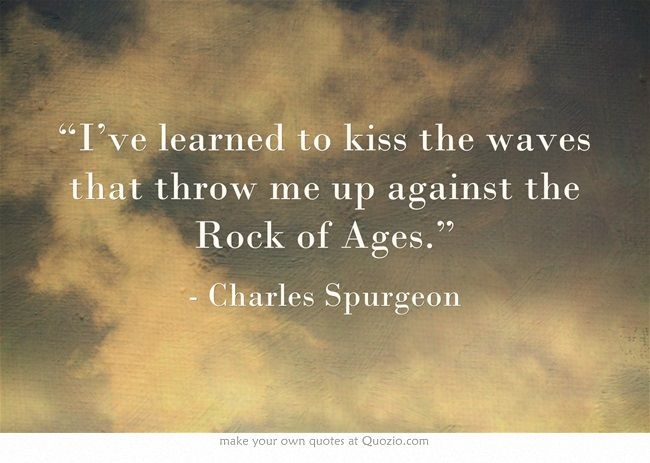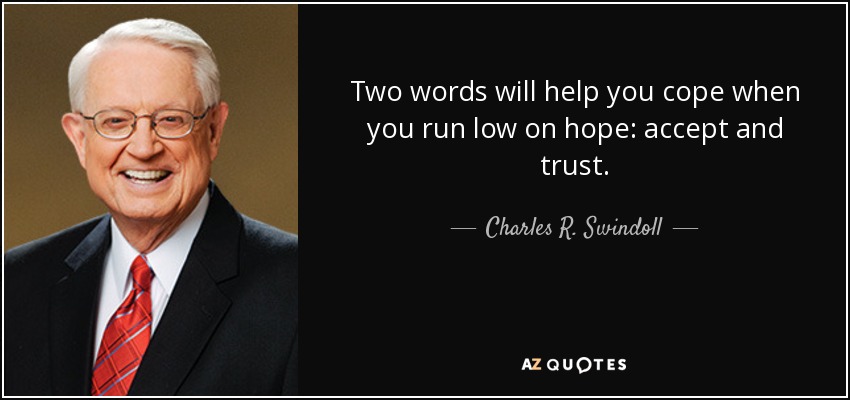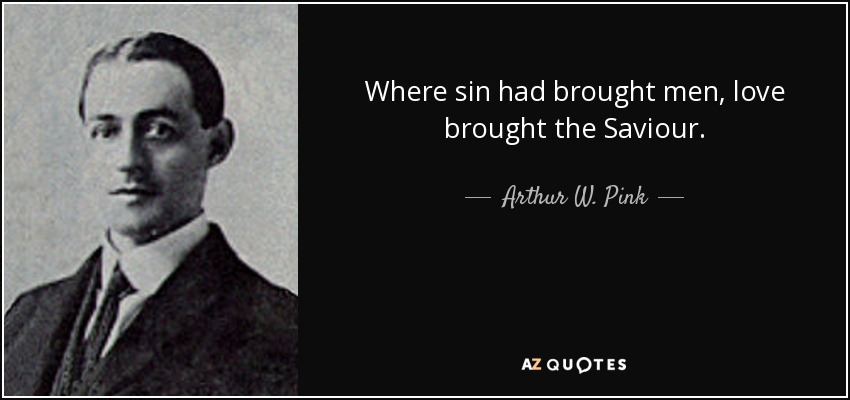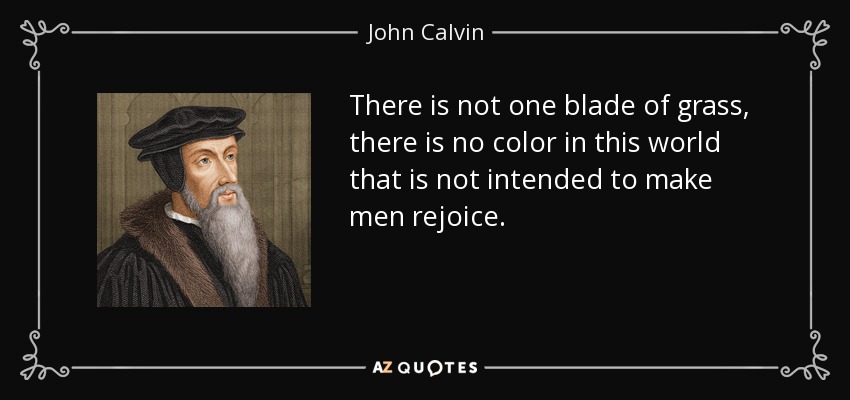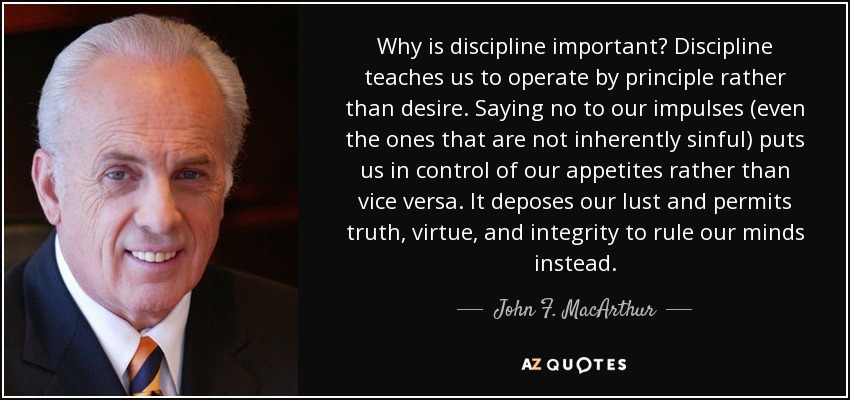FAVORITE QUOTES A-Z - from the Bible and/or from Christians
- Thread starter Deuteronomy
- Start date
-
Christian Chat is a moderated online Christian community allowing Christians around the world to fellowship with each other in real time chat via webcam, voice, and text, with the Christian Chat app. You can also start or participate in a Bible-based discussion here in the Christian Chat Forums, where members can also share with each other their own videos, pictures, or favorite Christian music.
If you are a Christian and need encouragement and fellowship, we're here for you! If you are not a Christian but interested in knowing more about Jesus our Lord, you're also welcome! Want to know what the Bible says, and how you can apply it to your life? Join us!
To make new Christian friends now around the world, click here to join Christian Chat.
R Road
The road goes ever on and on,
down from the door where it began.
Now far ahead the road has gone,
and I must follow it if I can,
pursuing it with eager feet,
until it joins some larger way,
where many paths and errands meet.
And whither then? I cannot say.
(poem by J. R. R. Tolkien)
The road goes ever on and on,
down from the door where it began.
Now far ahead the road has gone,
and I must follow it if I can,
pursuing it with eager feet,
until it joins some larger way,
where many paths and errands meet.
And whither then? I cannot say.
(poem by J. R. R. Tolkien)
-
2
- Show all
Scripture references for the above Spurgeon quote are: Romans 8:28 & Hebrews 12:7-11. Now........................
Bye-Bye "X" and onto "Y" instead (unless you have an "X" word and quote that you'd like to share with us, of course )
)
Bye-Bye "X" and onto "Y" instead (unless you have an "X" word and quote that you'd like to share with us, of course
-
1
-
1
- Show all
Y
.........Matthew 11
.........28 Come to Me, all who are weary and heavy-laden, and I will give you rest.
.........29 Take My yoke upon you and learn from Me, for I am gentle and humble in heart, and YOU WILL FIND REST FOR YOUR SOULS.
.........30 For My yoke is easy and My burden is light.
*(Since I went twice in a row, if anyone has another "Y" quote, please post it if you'd like to. If not, let's move onto "Z" )
)
.........Matthew 11
.........28 Come to Me, all who are weary and heavy-laden, and I will give you rest.
.........29 Take My yoke upon you and learn from Me, for I am gentle and humble in heart, and YOU WILL FIND REST FOR YOUR SOULS.
.........30 For My yoke is easy and My burden is light.
*(Since I went twice in a row, if anyone has another "Y" quote, please post it if you'd like to. If not, let's move onto "Z"
-
3
- Show all
H
X - Crucifixion, Orthodoxy
“That a good man may have his back to the wall is no more than we knew already, but that God could have His back to the wall is a boast for all insurgents forever. Christianity is the only religion on earth that has felt that omnipotence made God incomplete. Christianity alone felt that God, to be wholly God, must have been a rebel as well as a king. Alone of all creeds, Christianity has added courage to the virtues of the Creator. For the only courage worth calling courage must necessarily mean that the soul passes a breaking point -- and does not break. In this indeed I approach a matter more dark and awful than it is easy to discuss; and I apologize in advance if any of my phrases fall wrong or seem irreverent touching a matter which the greatest saints and thinkers have justly feared to approach. But in the terrific tale of the Passion there is a distinct emotional suggestion that the author of all things (in some unthinkable way) went not only through agony, but through doubt. It is written, "Thou shalt not tempt the Lord thy God." No; but the Lord thy God may tempt Himself; and it seems as if this was what happened in Gethsemane. In a garden Satan tempted man: and in a garden God tempted God. He passed in some superhuman manner through our human horror of pessimism. When the world shook and the sun was wiped out of heaven, it was not at the crucifixion, but at the cry from the cross: the cry which confessed that God was forsaken of God. And now let the revolutionists choose a creed from all the creeds and a god from all the gods of the world, carefully weighing all the gods of inevitable recurrence and of unalterable power. They will not find another god who has himself been in revolt. Nay (the matter grows too difficult for human speech), but let the atheists themselves choose a god. They will find only one divinity who ever uttered their isolation; only one religion in which God seemed for an instant to be an atheist.”
G.K. Chesterton, Orthodoxy.
“That a good man may have his back to the wall is no more than we knew already, but that God could have His back to the wall is a boast for all insurgents forever. Christianity is the only religion on earth that has felt that omnipotence made God incomplete. Christianity alone felt that God, to be wholly God, must have been a rebel as well as a king. Alone of all creeds, Christianity has added courage to the virtues of the Creator. For the only courage worth calling courage must necessarily mean that the soul passes a breaking point -- and does not break. In this indeed I approach a matter more dark and awful than it is easy to discuss; and I apologize in advance if any of my phrases fall wrong or seem irreverent touching a matter which the greatest saints and thinkers have justly feared to approach. But in the terrific tale of the Passion there is a distinct emotional suggestion that the author of all things (in some unthinkable way) went not only through agony, but through doubt. It is written, "Thou shalt not tempt the Lord thy God." No; but the Lord thy God may tempt Himself; and it seems as if this was what happened in Gethsemane. In a garden Satan tempted man: and in a garden God tempted God. He passed in some superhuman manner through our human horror of pessimism. When the world shook and the sun was wiped out of heaven, it was not at the crucifixion, but at the cry from the cross: the cry which confessed that God was forsaken of God. And now let the revolutionists choose a creed from all the creeds and a god from all the gods of the world, carefully weighing all the gods of inevitable recurrence and of unalterable power. They will not find another god who has himself been in revolt. Nay (the matter grows too difficult for human speech), but let the atheists themselves choose a god. They will find only one divinity who ever uttered their isolation; only one religion in which God seemed for an instant to be an atheist.”
G.K. Chesterton, Orthodoxy.
-
2
- Show all



